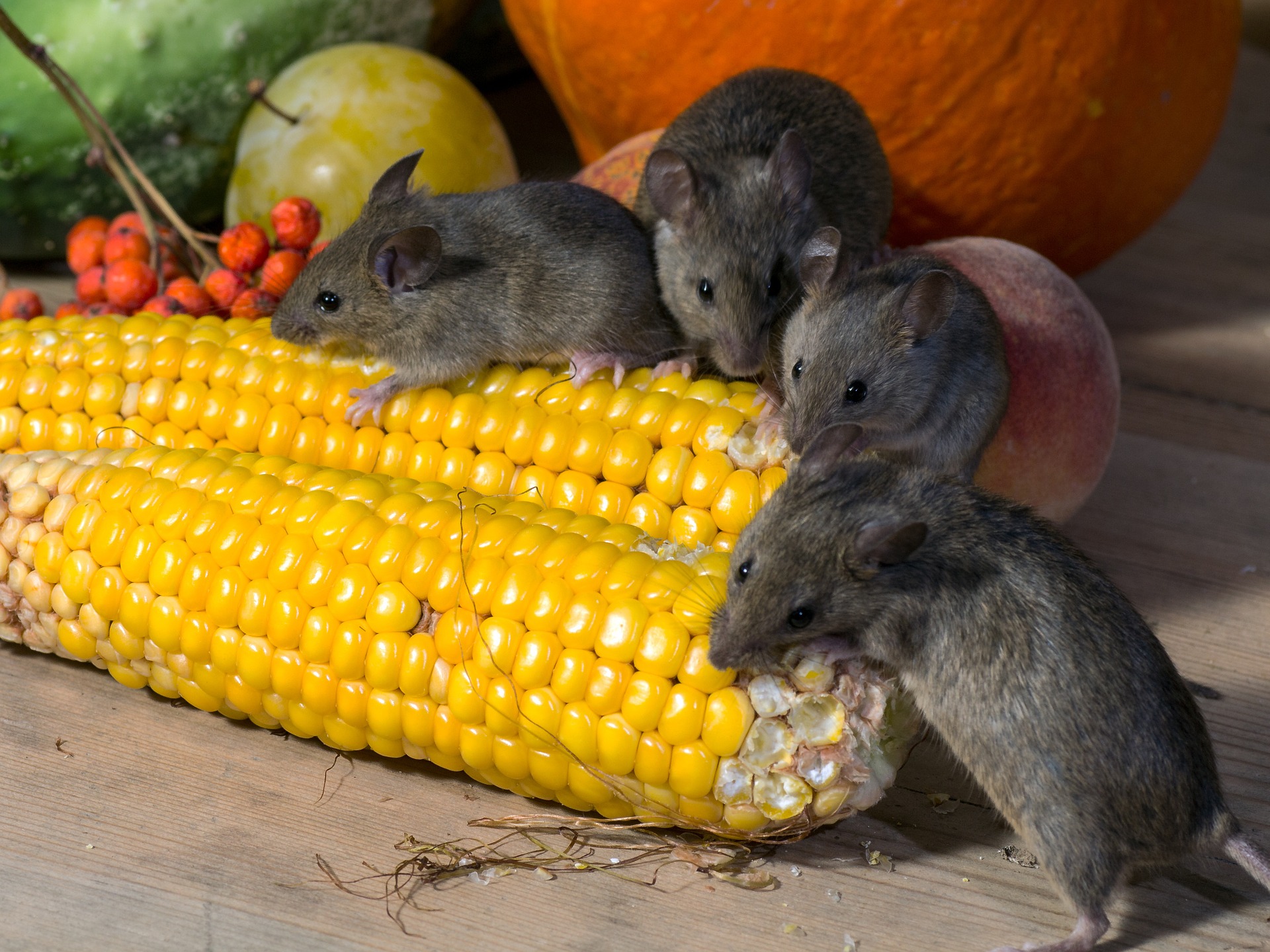- The mice plagues in the Darling Downs, Southern Downs and other parts of Queensland and New South Wales, coupled with a steep rise in leptospirosis cases, has prompted a warning about the disease and its link to rodents.
Leptospirosis is a bacterial disease that spreads from animals to humans with symptoms including high fever, severe headaches, chills, muscle aches and vomiting. Other symptoms can include jaundice, red eyes, abdominal pain, diarrhoea and rash.
Human infections are caused by contact with the urine of infected animals, especially cattle, pigs and rodents. This usually happens when animal urine or contaminated water, soil and vegetation get into the body through cuts, abrasions and sores, or the eyes, nose or mouth. It can occasionally occur by ingesting contaminated food or water or inhaling droplets of contaminated fluids. Take the following steps to protect against infection:
- Check your skin for cuts and abrasions before starting work and cover them with a water-resistant dressing.
- If you do cut yourself, stop work and clean the wound thoroughly, apply an antiseptic and cover with a water-resistant dressing.
- Wash your hands regularly with soap and running water. This is particularly important before eating, drinking, smoking and touching your face.
- Shower after work and change your work clothing.
- Keep work areas clean, dry and well drained.
- Clean and disinfect areas that are contaminated with animal urine or have signs of rodent activity.
- Discourage rodents by cleaning up rubbish and food scraps and controlling rodent populations.
- Wear sufficient personal protective equipment.
- Speak to your veterinarian about vaccination and other biosecurity measures to protect your cattle and pigs against leptospirosis.
Further information
Read more about leptospirosis.

